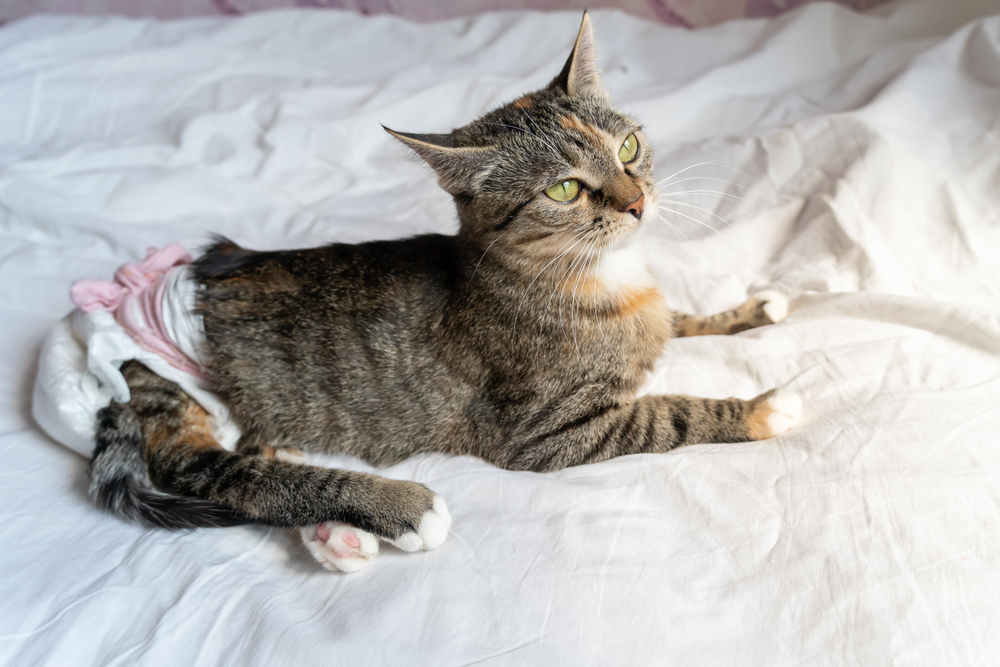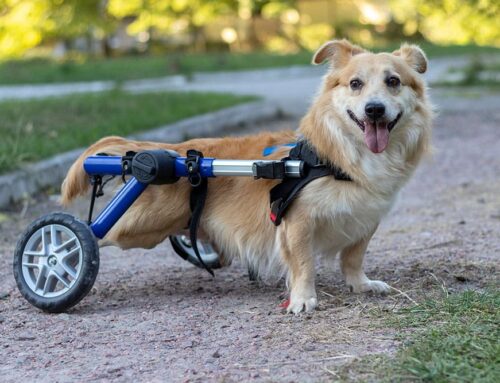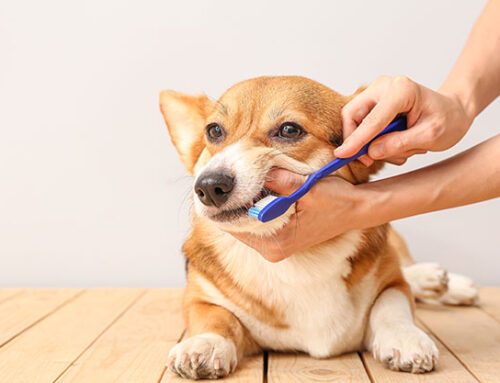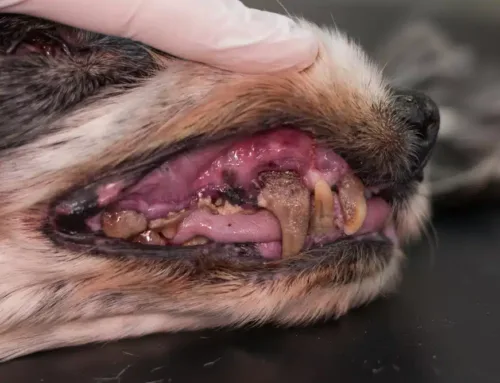Understanding Urinary Blockages in Cats: A Comprehensive Guide
Urinary blockages in cats are a serious and potentially life-threatening condition, particularly in male cats. These blockages prevent urine from passing through the urethra, leading to pain, toxin buildup, and potentially fatal complications if not treated promptly.
At The Gentle Vet in West Caldwell, New Jersey, we emphasize the importance of early detection, prevention, and prompt treatment to ensure the best possible outcome for your feline companion. This guide will cover symptoms, causes, diagnosis, treatment, and prevention of urinary blockages in cats, helping you recognize when your cat needs urgent care.
Learn more about our veterinary services here.
What Are Urinary Blockages in Cats?
Urinary blockages, also known as urethral obstructions, occur when the flow of urine is partially or completely blocked. This condition is most common in male cats due to their naturally narrower urethra. Blockages can be caused by:
- Crystals or small stones forming in the bladder
- Mucus plugs obstructing the urethra
- Swelling or inflammation of the urethra
If left untreated, a urinary blockage can lead to kidney failure, bladder rupture, or death within 24-48 hours.
Recognizing the Symptoms of Urinary Blockages
Early detection can be life-saving. Look for these signs:
- Straining to urinate – Your cat may attempt to urinate frequently but produce little to no urine.
- Frequent litter box visits – Spending more time in the litter box with little success.
- Vocalizing in pain – Crying or yowling while trying to urinate.
- Lethargy – Loss of energy, hiding, or reduced interest in food.
- Licking the genital area excessively – A sign of irritation or discomfort.
- Hard or distended abdomen – This could indicate a dangerously full bladder.
If you notice any of these symptoms, seek immediate veterinary attention. Learn more from the American College of Veterinary Surgeons.
Common Causes of Urinary Blockages in Cats
Several factors contribute to urinary obstructions:
1. Diet & Urinary Crystals
- Diets high in magnesium, phosphorus, and calcium can lead to crystal formation in the urine.
- Urinary prescription diets can help prevent blockages in cats prone to developing crystals.
2. Dehydration & Urine Concentration
- Insufficient water intake causes highly concentrated urine, which increases the risk of crystal formation.
- Encouraging hydration by using water fountains or feeding wet food can help.
3. Stress & Anxiety
- Stress is linked to urinary issues in cats. Common stressors include:
- Changes in the home environment
- New pets or household members
- Lack of litter box access or cleanliness
4. Anatomical & Genetic Factors
- Some breeds, such as Persians and Himalayans, have a higher genetic predisposition to urinary issues.
Proper urinary health management reduces the risk of obstructions and improves long-term feline wellness.
Diagnosing Urinary Blockages in Cats
At The Gentle Vet, we use advanced diagnostic tools to quickly assess urinary health:
- Physical Examination – The veterinarian will palpate the bladder to determine if it’s enlarged or painful.
- Urinalysis – Identifies crystals, bacteria, blood, or infection in the urine.
- Ultrasound or X-rays – Imaging can detect bladder stones, tumors, or structural abnormalities.
Early diagnosis is essential to prevent serious complications such as kidney damage. Learn more about our diagnostic services.
Treatment Options for Urinary Blockages
Once a blockage occurs, immediate veterinary intervention is required.
1. Emergency Care
- Urinary catheterization is performed under sedation to remove the obstruction.
- Fluid therapy helps flush out toxins and restore hydration.
2. Surgical & Non-Surgical Treatments
- In severe cases, perineal urethrostomy (PU surgery) is performed to widen the urethra and prevent future blockages.
- Anti-inflammatory medications may be prescribed to reduce swelling.
Learn more about our surgical options here.
Preventing Urinary Blockages in Cats
1. Hydration is Key
- Provide multiple water sources throughout the home.
- Use a cat water fountain to encourage drinking.
- Increase moisture intake by feeding wet food instead of dry kibble.
2. Specialized Diets
- Feed a urinary health formula to prevent crystal formation.
- Avoid diets with excessive minerals that contribute to stone formation.
3. Litter Box Hygiene & Environmental Enrichment
- Keep the litter box clean and easily accessible at all times.
- Reduce household stress with regular play, scratching posts, and quiet spaces.

When to Seek Veterinary Care
A urinary blockage is an emergency. Seek immediate care if your cat:
- Cannot urinate or is straining without success.
- Appears in distress (crying, lethargy, hiding).
- Has a swollen or firm abdomen.
- Shows signs of pain while urinating.
Frequently Asked Questions About Urinary Blockages in Cats
1. Can urinary blockages be fatal?
Yes. If untreated, blockages can cause kidney failure, bladder rupture, or death within 24-48 hours. Immediate treatment is critical.
2. Are male cats more prone to blockages?
Yes. Male cats have a narrower urethra, making them more susceptible to obstructions from crystals, mucus plugs, or stones.
3. Can urinary blockages reoccur?
Yes. Without proper diet and hydration, some cats experience recurring blockages. A prescription urinary diet and increased water intake can reduce recurrence.
Urinary blockages in cats require immediate attention and lifelong preventive care. By recognizing early signs, providing proper hydration and diet, and ensuring regular veterinary check-ups, you can significantly reduce the risk of urinary issues.
At The Gentle Vet, we are dedicated to preventing, diagnosing, and treating urinary conditions to keep your cat healthy and happy.








Leave A Comment